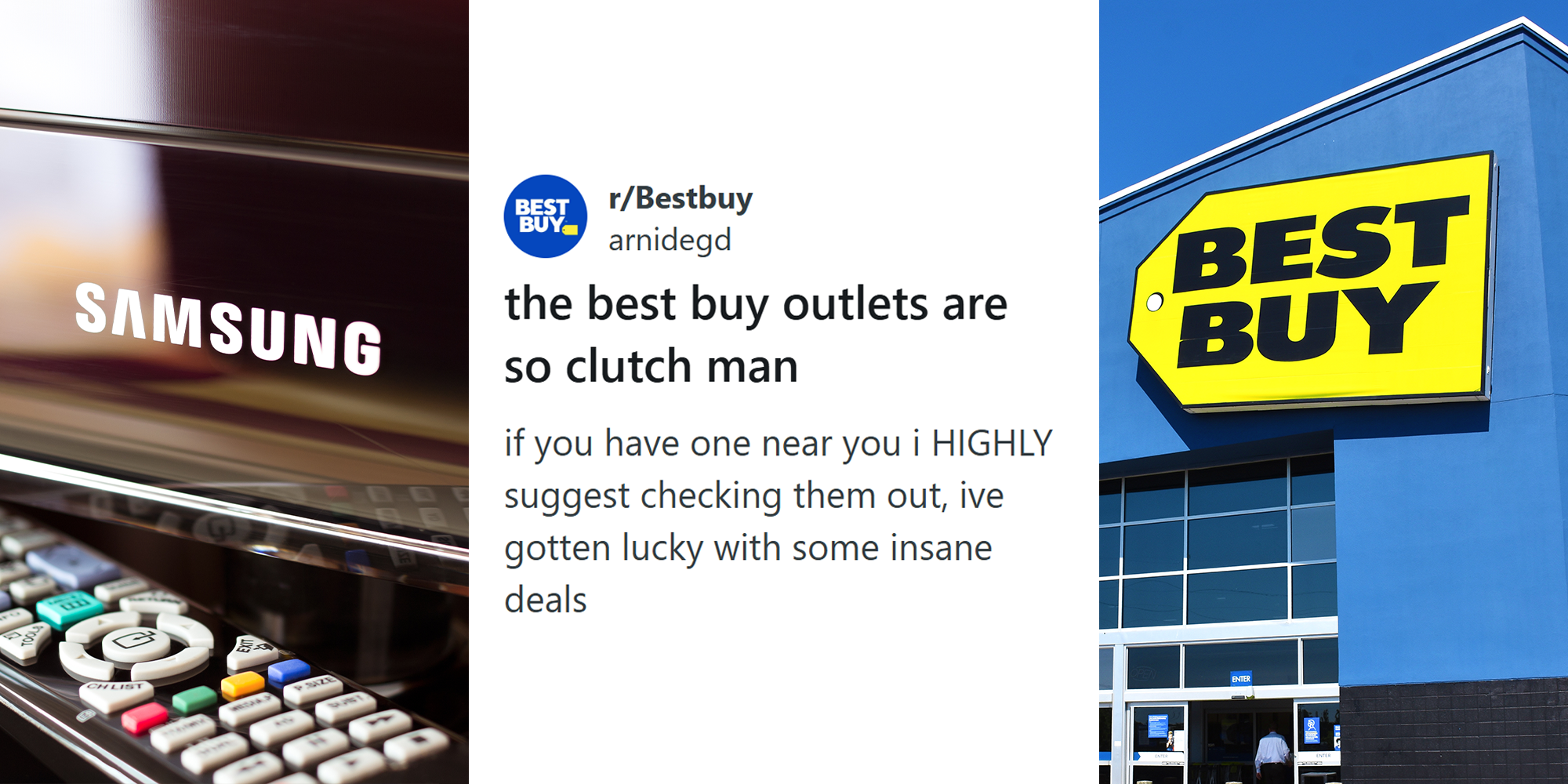Jim Cramer Advocates for Gunboat Diplomacy in China and Analyzes Stock Market Trends

In a recent broadcast on CNBCs renowned program, Squawk on the Street, veteran financial commentator Jim Cramer shared his insights on the current stock market dynamics and the implications of President Trump's tariffs. Cramer specifically examined where Microsoft Corporation (NASDAQ:MSFT) stands in comparison to other stocks discussed during the segment.
During his appearance, Cramer reflected on potential actions that the Federal Reserve might take in light of these tariffs. Notably, President Trump has recently dismissed any notions regarding firing Fed Chairman Jerome Powell, a decision that many market watchers are closely monitoring. Cramer provided a historical context to these tariffs, referencing the infamous Smoot-Hawley Tariff Act of 1930, which introduced a staggering 33% tariff rate. He stated, Anyone who knows Powell knows that hes a deep historian of the marketplace. And hes obviously looking at Smoot-Hawley, implying that Powell is acutely aware of the historical repercussions associated with high tariffs and their potential to trigger economic downturns like the Great Depression.
Continuing his analysis, Cramer highlighted that the lessons from history remain relevant today, even though the original witnesses to the Smoot-Hawley era have long since passed. He remarked, Well I mean, we do have The Grapes of Wrath, David. Now I think that truth lies in novels. Cramer emphasized the value of literary narratives in conveying the emotional truths of historical events, suggesting that statistics alone do not capture the full impact of such economic crises. His own background as a journalist covering homicide lent him a unique perspective on how stories can illuminate truths that mere facts might obscure.
Cramer also provided commentary on the current stock market environment, suggesting that the term Magnificent 7 has become irrelevant in todays landscape. We dont use that anymore thats gone, he asserted, insisting that the focus has shifted away from the previously celebrated group of tech stocks. He whimsically referred to the current trend as the Wild Bunch, claiming that this label is far more fitting, and even went as far as to suggest that Wild Bunch was actually a better movie. This metaphorical rebranding signifies a shift in investor sentiment and market valuation.
Switching gears to advancements in technology, particularly artificial intelligence, Cramer remarked on the significance of competitive positioning in this rapidly evolving sector. He stated, This is a winner take all, loser takes none, just like Google was. This is a $200 billion business. He emphasized the importance of securing mind share in the AI arena, noting, Ive got Grok, Ive got Gemini, Im not going to go, believe me, one year from now, Im only gonna have one. And right now its Grok. This statement underscores the fierce competition among AI companies and the necessity for players to establish dominance swiftly.
On the topic of international relations, Cramer provocatively suggested that the U.S. has yet to fully embrace a strategy of gunboat diplomacy in dealing with China. He declared, Im waiting for that, provoking thought on what such an approach might entail in contemporary geopolitics. Gunboat diplomacy historically refers to the use of naval power to coerce nations into favorable agreements, a strategy that raises questions regarding its applicability and effectiveness in today's complex global landscape.
In conclusion, Jim Cramer's insights serve as a reflection of the intricate interplay between history, economic policy, and market trends. His unique perspective sheds light on how past events can inform present-day decisions, while also urging investors to remain agile in a rapidly changing economic environment.




























